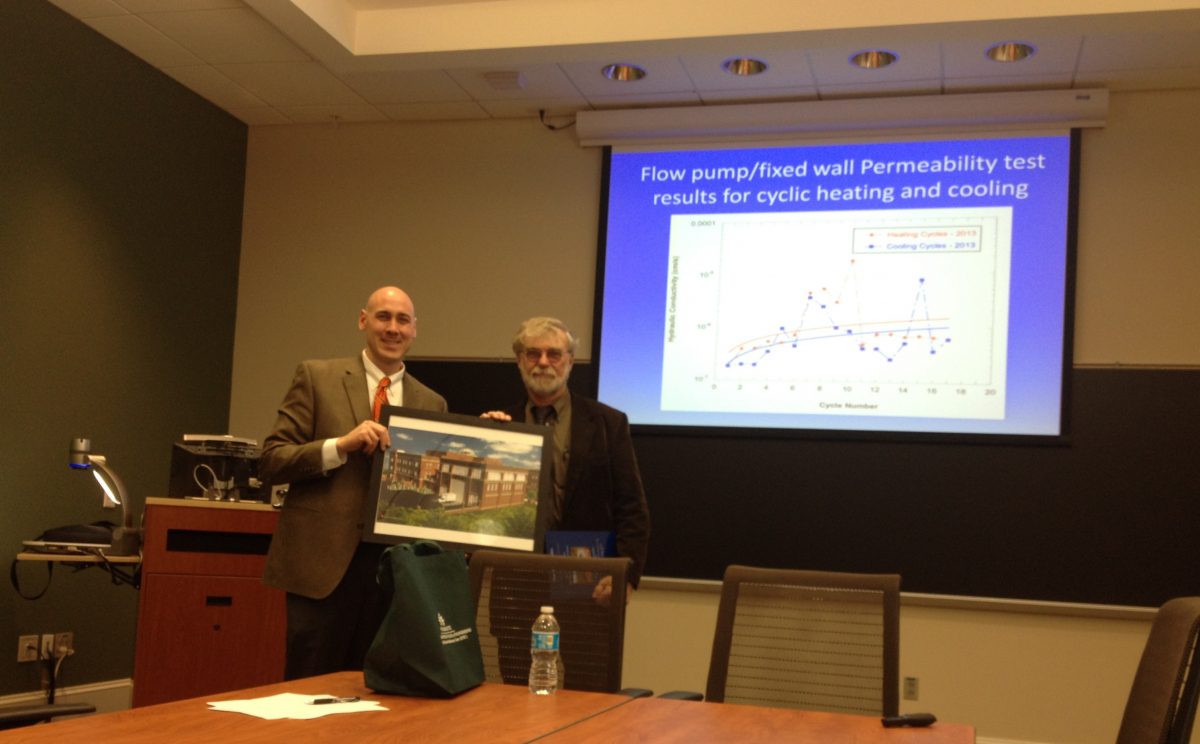Geotechnical Engineering
Geotechnical engineering is the branch of Civil Engineering concerned with engineering behavior of earth materials (soil, rocks, and water). Geotechnical Engineering uses the principles of soil mechanics and rock mechanics to investigate subsurface conditions and materials, determine the relevant physical/mechanical and chemical properties of these materials, evaluate stability of natural slopes and man-made soil deposits, assess risks posed by site conditions, design earthworks and structure foundations, and monitor site conditions as well as earthwork and foundation construction.
Mission Statement
Our mission is to educate undergraduate and graduate students in the discipline of Geotechnical Engineering and to prepare our students for professional and/or academic careers in the broad fields of Geotechnical and Geo-Environmental Engineering. Our Masters level graduate coursework and research opportunities will prepare our students for careers as practicing geotechnical engineers. Our graduate program also accepts students at the Ph.D. level through the interdisciplinary program in Infrastructure and the Environment (INES PHD Program). The PHD program strives to provide students with a broad and diverse graduate education experience, producing graduates who are well rounded in the fundamentals of geotechnical engineering while gaining knowledge in other disciplines as well. To achieve all of these goals, our graduate program integrates research and teaching activities, combines theory with practice, introduces experimental and analytical techniques, and exposes our students to traditional as well as cutting edge ideas.
Geotechnical Graduate Program Geotechnical Faculty Geotechnical Facilities Geotechnical Research Projects

(Professor Jeff Evans from Bucknell University)